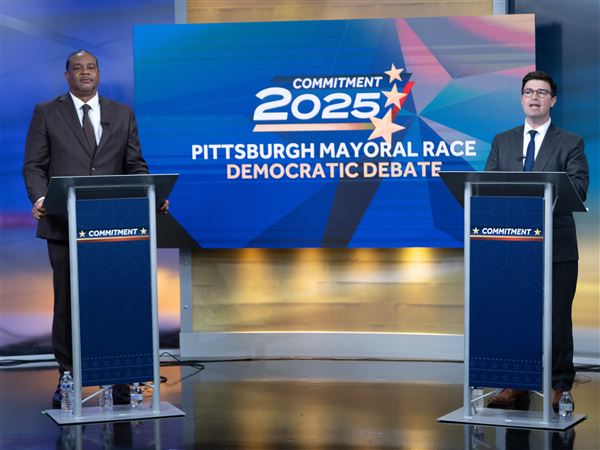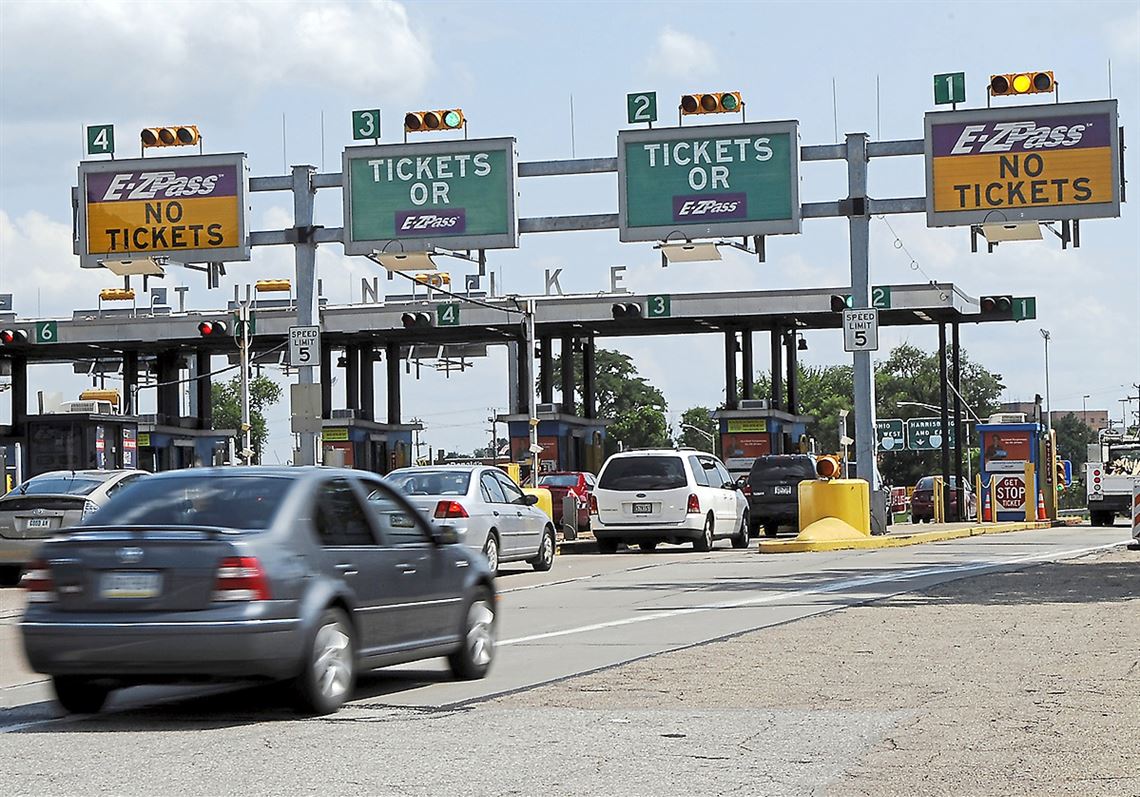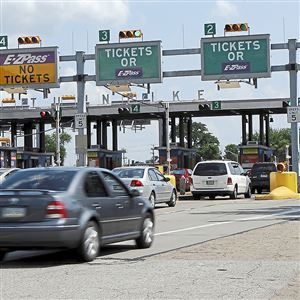Despite not receiving a $112.5 million payment from the Pennsylvania Turnpike for second quarter in a row, the Pennsylvania Department of Transportation said Thursday it will continue to support transit agencies across the state.
PennDOT said it has been able to continue its regular subsidy payments to transit agencies by using reserve funds and delaying its own capital projects so that no local service has been reduced so far.
Turnpike CEO Mark Compton said Wednesday the agency would not make the second-quarter payment because a pending federal lawsuit by truckers has made it impossible for the agency to borrow money for the payment. The Owner Operator Independent Drivers Association Inc. and the National Motorists Association claimed in a March lawsuit that the turnpike is violating federal law by using tolls for something other than road maintenance and expansion.
“We will continue to defer payments until the lawsuit is decided in our favor,” Mr. Compton said. “We don’t have the money in our coffers.”
Under a system that goes back to former Gov. Ed Rendell’s attempt to charge tolls on Interstate 80, the turnpike is required to pay PennDOT $450 million a year to help cover the cost of public transportation ($400 million) and intermodal projects ($50 million) across the state. That is scheduled to be reduced to $50 million a year in 2023.
But because of the lawsuit over the use of toll money, bond companies won’t allow the turnpike to borrow the money for the payments at a reasonable interest rate. The turnpike commission approved a plan in August to defer the payments through the end of the state fiscal year in June unless it wins the lawsuit.
U.S. District Judge Yvette Kane of the Middle District of Pennsylvania in Harrisburg is considering motions in the case and no trial date has been set.
PennDOT press secretary Erin Waters-Trasatt said in an email that the department is committed to maintaining funding to transit agencies and working with agencies to prevent any interference with operations or capital projects.
“We have been able to identify reserve funds and re-prioritize existing capital programs throughout the state in order to avoid any significant impacts in this fiscal year,” she said.
Port Authority, which is scheduled to receive about $231 million in state funds for operating and capital expenses, doesn’t expect any immediate problem.
“While we anticipate that we may need to re-prioritize some capital spending, the delay in funding will not have any impact on Port Authority service through at least June, which is the end of our fiscal year,” spokesman Adam Brandolph said in an email. “We remain confident in the strength of the Turnpike Commission’s argument in the lawsuit and are hopeful that it will be dismissed soon.”
The Southeastern Pennsylvania Transit Authority, which serves the Philadelphia area, took a similar position. SEPTA is scheduled to get $673 million in operating subsidies and $351 million for capital projects.
““There has been no interruption in state funding to SEPTA, and we do not anticipate any issues at this time,” spokesman Andrew Busch said in an email. “We continue working with our funding partners at PennDOT and the Pennsylvania Turnpike Commission, and we remain confident in a favorable outcome to the lawsuit.”
If the lawsuit is decided in the turnpike’s favor, Mr. Compton said, it would take the agency about six weeks to arrange a bond issue and make the payments to PennDOT.
Ed Blazina: eblazina@post-gazette.com, 412-263-1470 or on Twitter @EdBlazina.
First Published: October 25, 2018, 9:26 p.m.


















